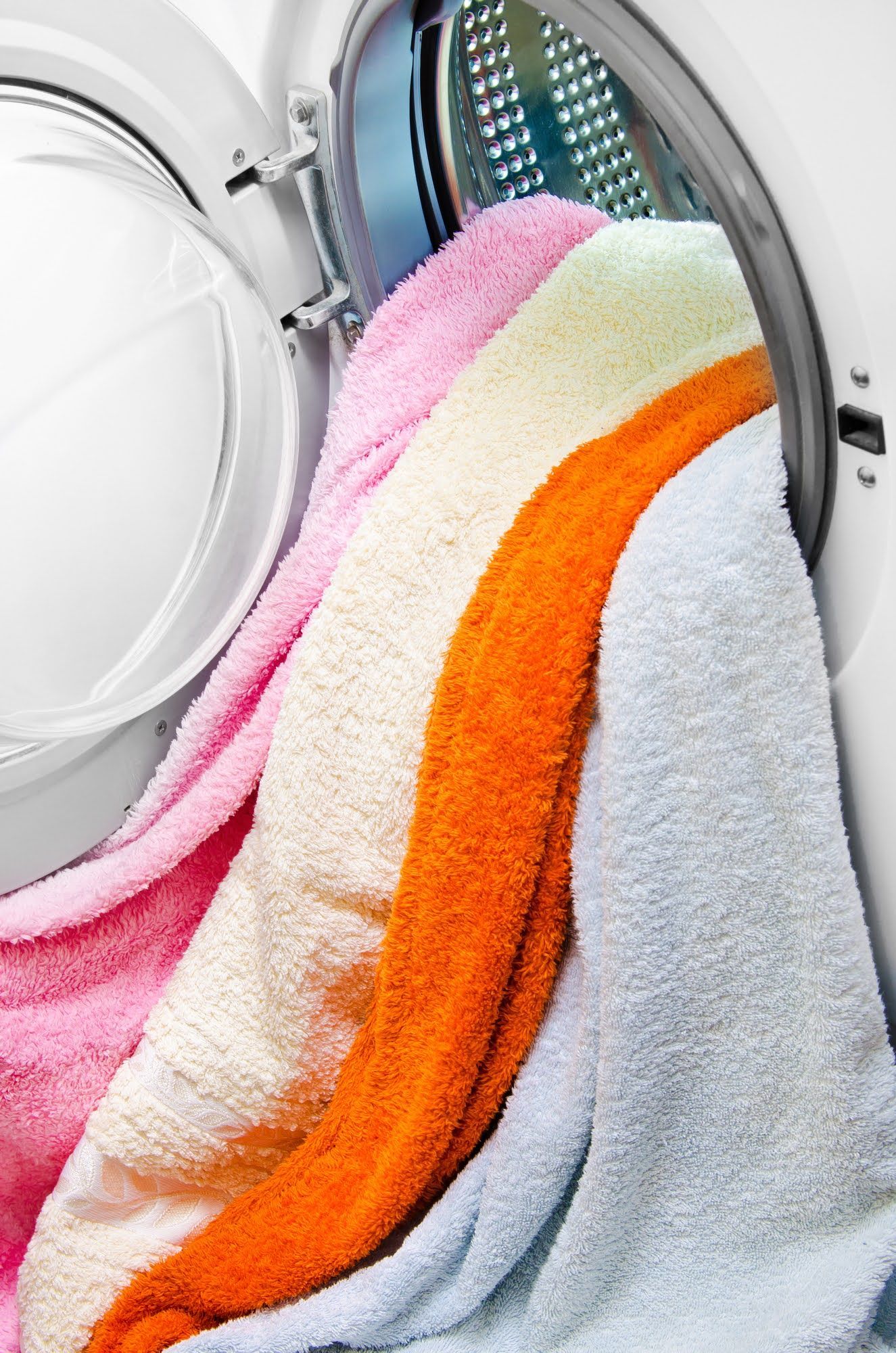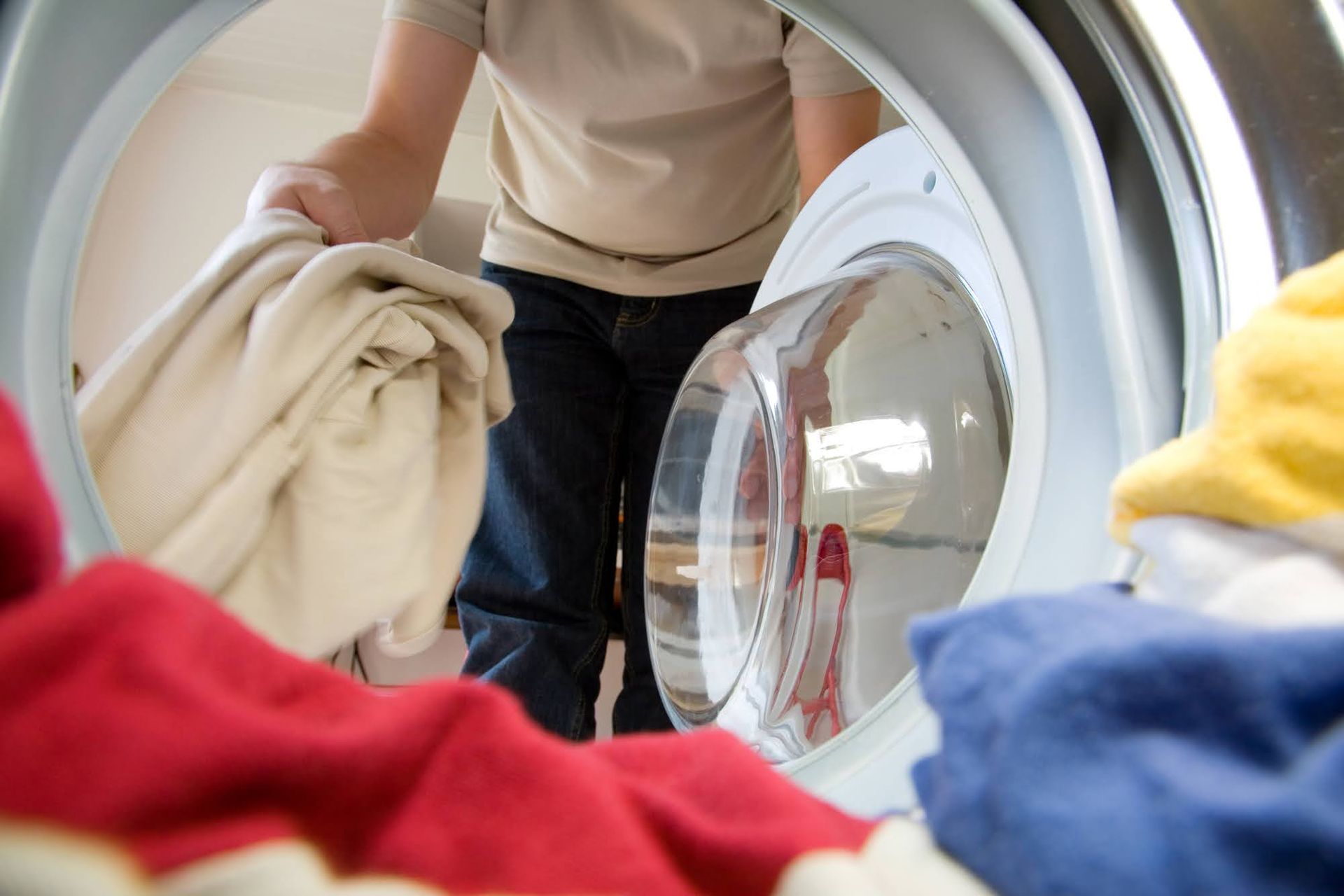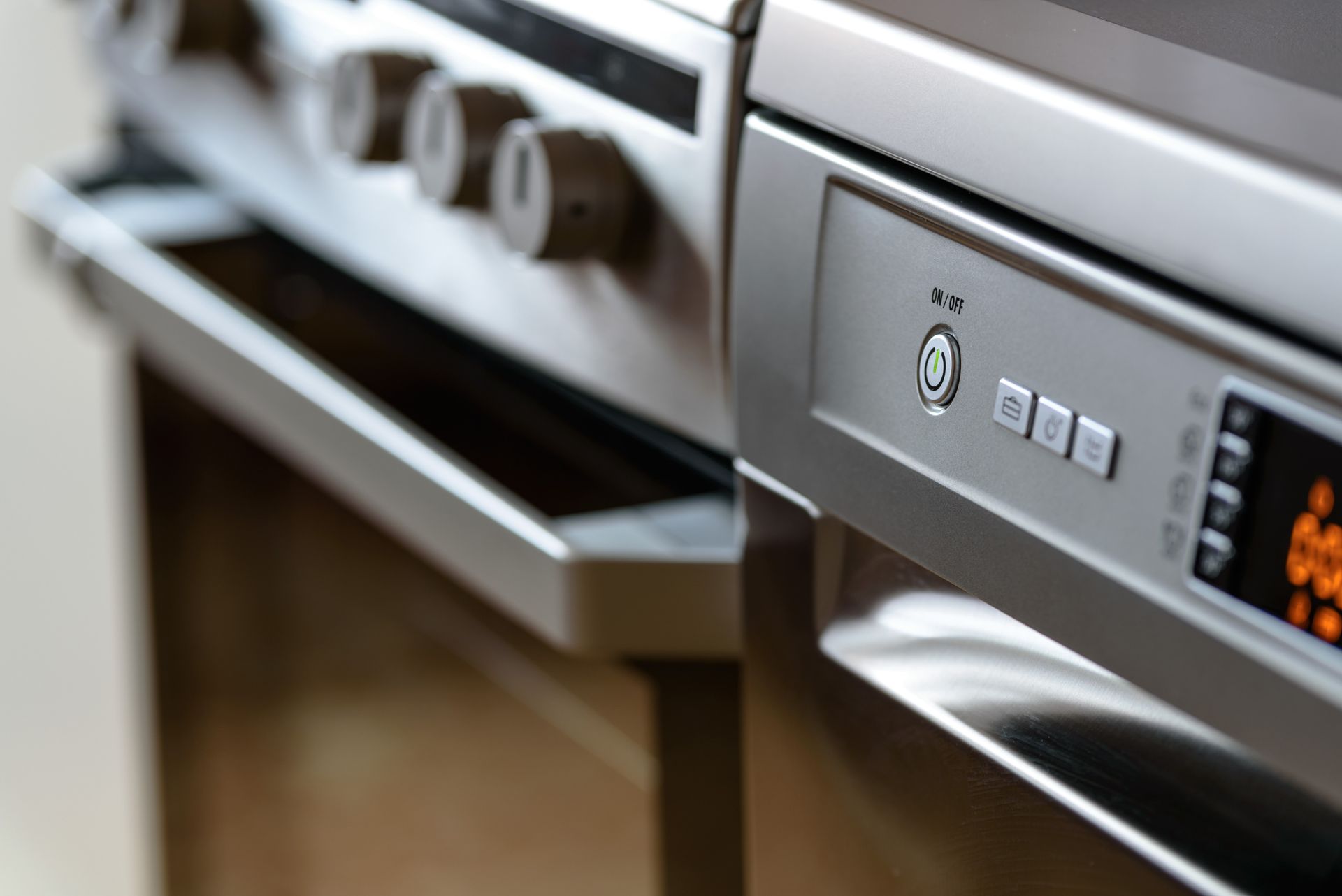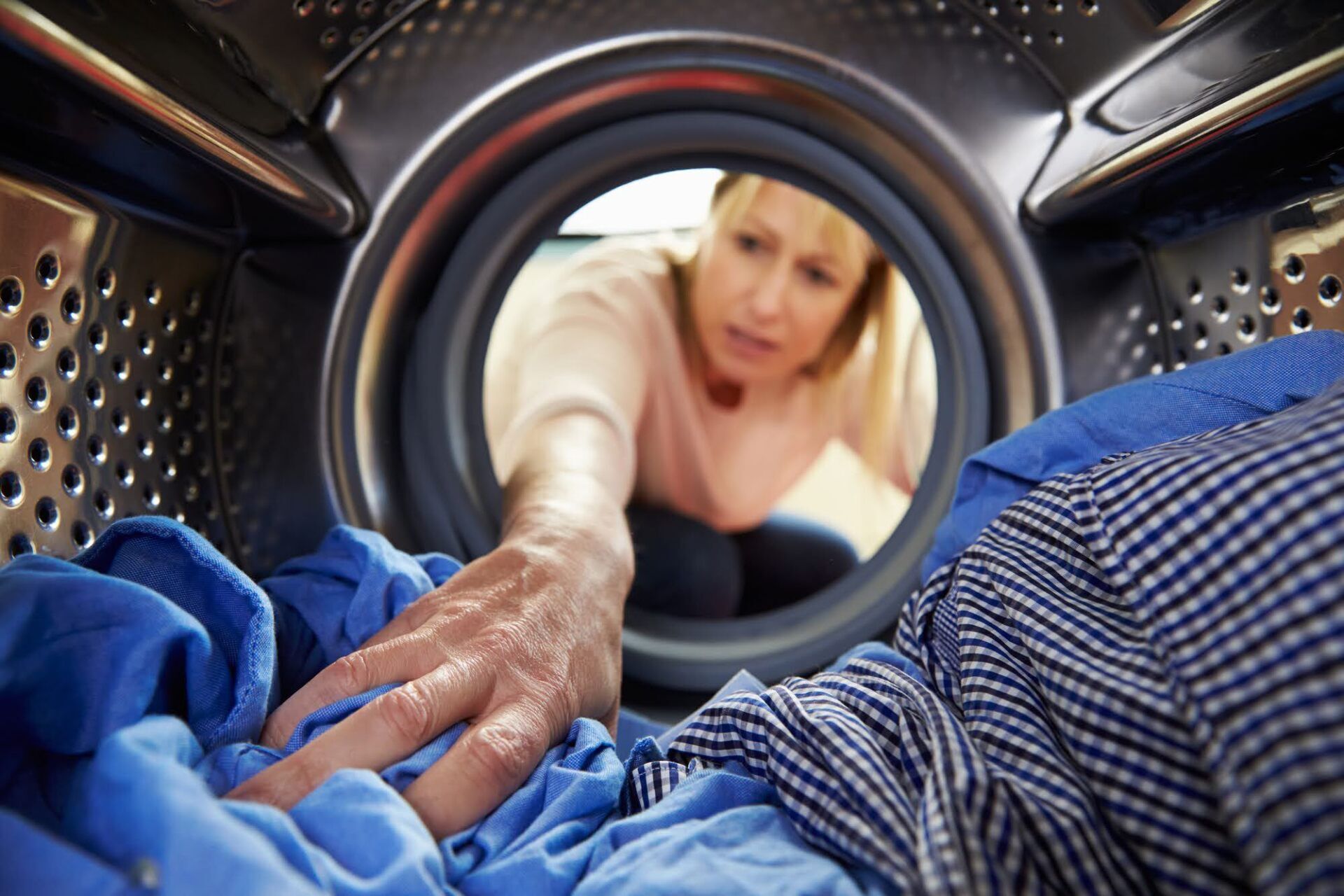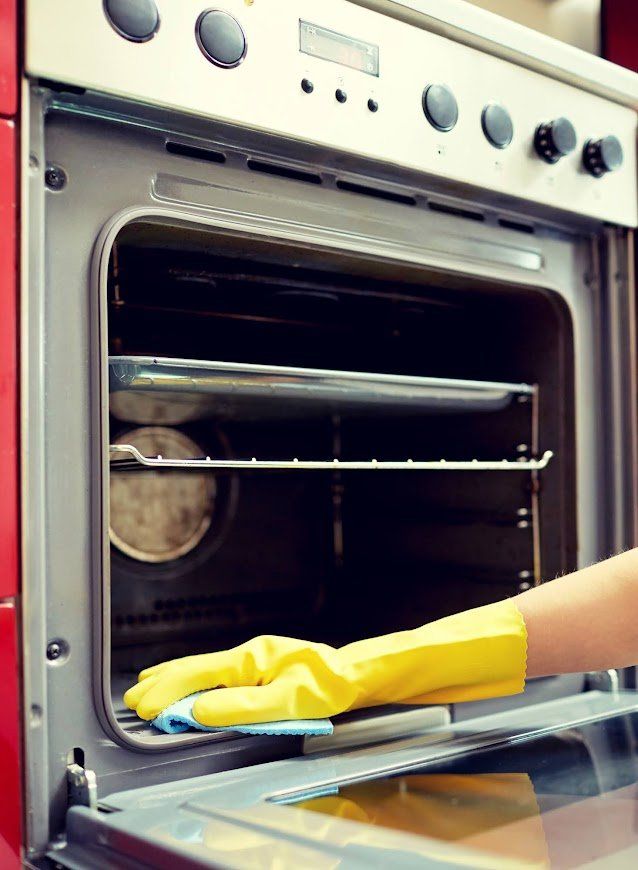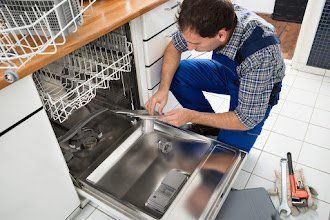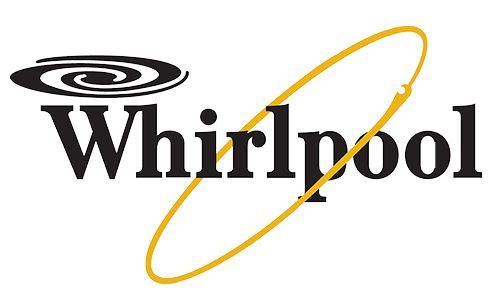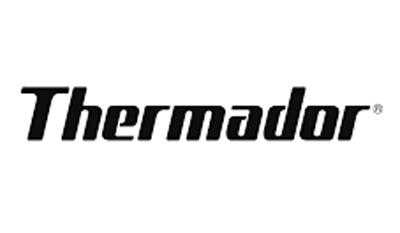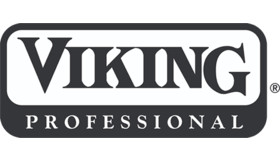Tips for Ecofriendly Washer & Dryer Use

Laundry is an essential part of our daily routine. We often rely on our washer and dryer to get the job done quickly and efficiently. However, these appliances can also consume a significant amount of energy, which not only increases our utility bills but also harms the environment. In this blog article, we will explore some of the best practices to reduce your energy consumption and be environmentally responsible in your laundry routine.
Use Cold Water
For most loads, cold water has just as much cleaning power as warm water. When you use cold water, you can reduce the energy required for a load of laundry by half. Also, cold water is kinder to the fabric of your clothes, which can extend their lifespan.
Use high-efficiency detergents to get the most out of cold water. High-efficiency detergents usually have a "he" symbol to indicate their designation.
Optimize Load Size
You can wash and dry more clothes at once with the same energy expenditure when you wash and dry full loads instead of smaller loads.
Be sure not to overload so the air can freely circulate around your clothes in the dryer. Also, if you have a top loader, be sure the water inside the washer can sufficiently cover the optimized laundry load during the washing cycle if you maximize your load size.
This optimization protects your clothes from excessive wrinkling or incomplete drying. Thus, you can launder your clothes with fewer cycles and reduce your energy use.
Avoid Overusing Your Dryer
An excellent strategy to conserve electricity with your dryer is to use alternative drying techniques. If you can, hang your things outside on a clothesline while the weather is warm to avoid using the dryer.
If you cannot hang them outside, try to dry your clothes indoors on a drying rack. This setup eliminates the need for a dryer and lowers energy use. When you use the dryer, use the auto-dry setting rather than the timer to prevent energy wastage and overdrying your garments.
These alternatives reduce your overreliance on your dryer, which can minimize electricity consumption.
Understand Your Washer and Dryer
Your washer and dryer have different modes and settings to maximize energy efficiency. You can conserve energy and lessen the wear and strain on your clothes with different cycles, settings, and washing modes. To minimize drying time and the damage that high heat from the dryer can cause to your garments, use the high-speed or prolonged spin cycle on the washer to remove as much moisture as possible before drying.
Activate the dryer's lower heat settings and the cool-down cycle if your dryer has the option. Also, use the dryer's moisture sensor to automatically turn it off when the clothes dry. If you have a quick wash option in your washer, you can use it to speed up time-sensitive washing.
Use Dryer Balls
Dryer balls improve air circulation, which speeds up the drying process and saves energy—proper air circulation reduces the amount of time the machine has to run. In addition, dryer balls can fluff laundry, reduce static, and reduce the need for chemical-laden dryer sheets.
Dryer balls made of wool can even absorb moisture to speed up drying. Dryer balls are reusable indefinitely, which eliminates the need to frequently purchase new ones.
Maintain Your Equipment
After each use, clean the dryer filter to ensure that there are no obstructions in the airflow, which enhances dryer efficiency and reliability. Regularly inspect the outside dryer exhaust vent to ensure it is clear. Finally, clear lint after each cycle and clean the ducts yearly to help your laundry dry faster and conserve energy.
You can also ensure you maximize the lifespan of your washer and dryer and possibly conserve energy if you repair any issues they develop. Contact us at A-Appliance Xperts Inc for appliance repairs.


